Now that my ladder's gone, I must lie down where all my ladders start, In the foul rag and bone shop of the heart
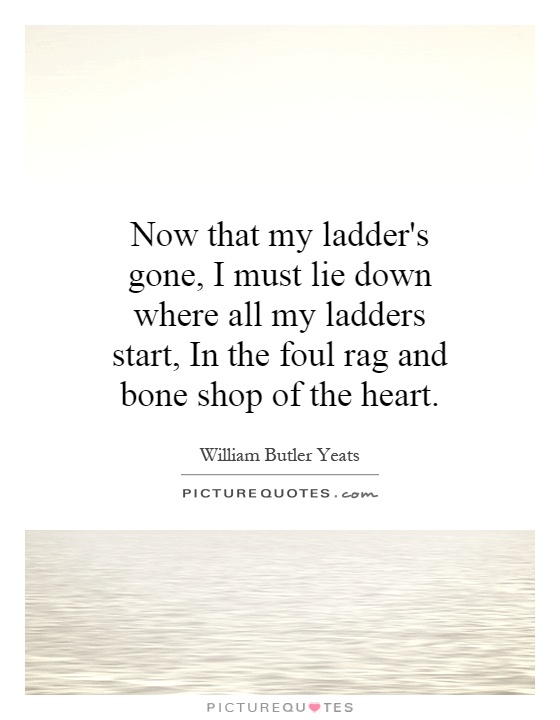
Now that my ladder's gone, I must lie down where all my ladders start, In the foul rag and bone shop of the heart
The lines "Now that my ladder's gone, I must lie down where all my ladders start, In the foul rag and bone shop of the heart" are from the poem "The Circus Animals' Desertion" by the renowned Irish poet William Butler Yeats. These lines are often interpreted as a reflection on the poet's own life and artistic journey, as well as a commentary on the human condition and the nature of creativity.In this poem, Yeats reflects on his own artistic career and the themes that have preoccupied him throughout his life. The ladder symbolizes ambition, aspiration, and the pursuit of higher ideals. When Yeats says "Now that my ladder's gone," he is acknowledging that his youthful ambitions and dreams have faded or been unattained. He must now confront the reality of his own limitations and mortality.
The phrase "I must lie down where all my ladders start" suggests a return to the beginning, to the source of inspiration and creativity. Yeats is acknowledging that true art comes from a deep, often painful place within the heart. The "foul rag and bone shop of the heart" represents the messy, chaotic, and sometimes dark emotions and experiences that fuel the creative process. It is in this raw and unfiltered place that true art is born.
Yeats is suggesting that true creativity comes from a place of vulnerability, honesty, and authenticity. It is not about reaching for external validation or success, but about delving deep into one's own soul and confronting the truth of one's own experiences. The poet must strip away the illusions and pretensions of the ego and confront the raw, unvarnished truth of their own existence.
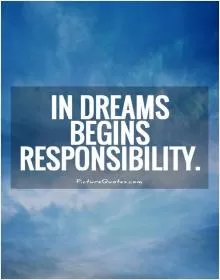
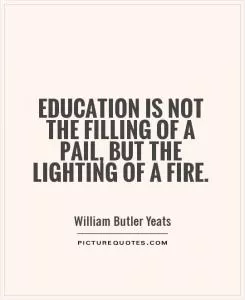
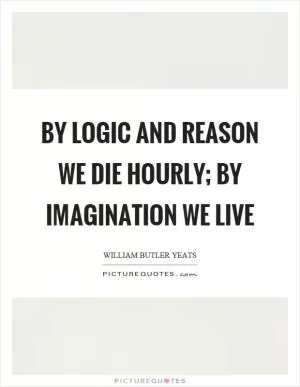
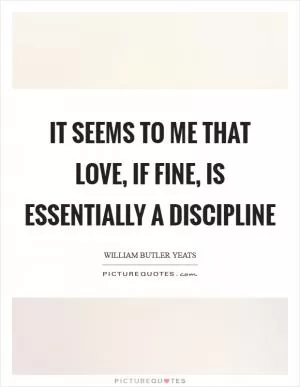

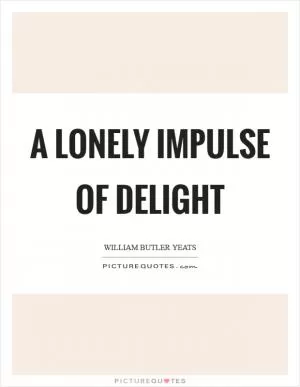
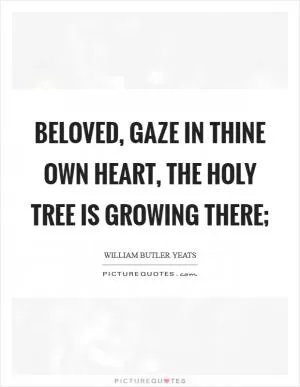
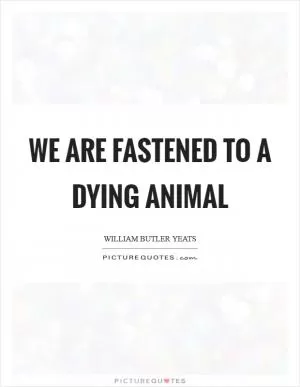
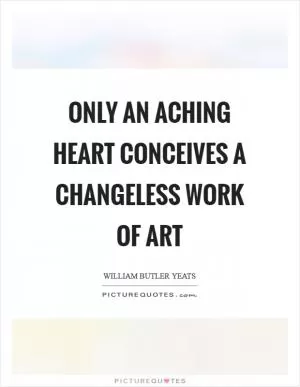
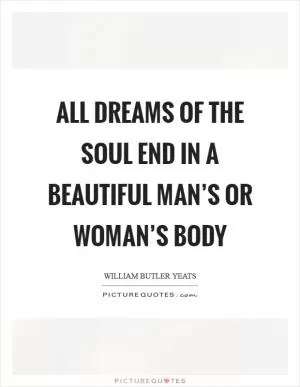
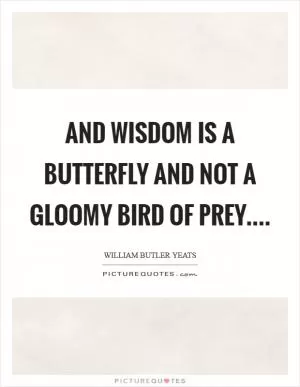

 Friendship Quotes
Friendship Quotes Love Quotes
Love Quotes Life Quotes
Life Quotes Funny Quotes
Funny Quotes Motivational Quotes
Motivational Quotes Inspirational Quotes
Inspirational Quotes